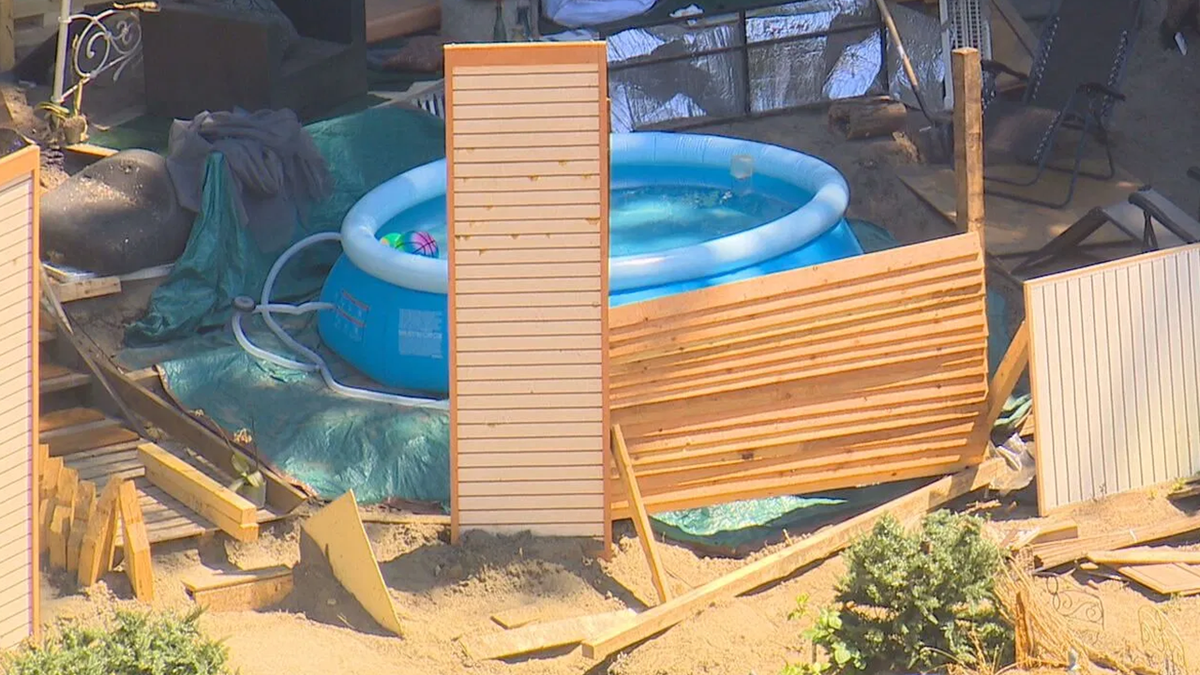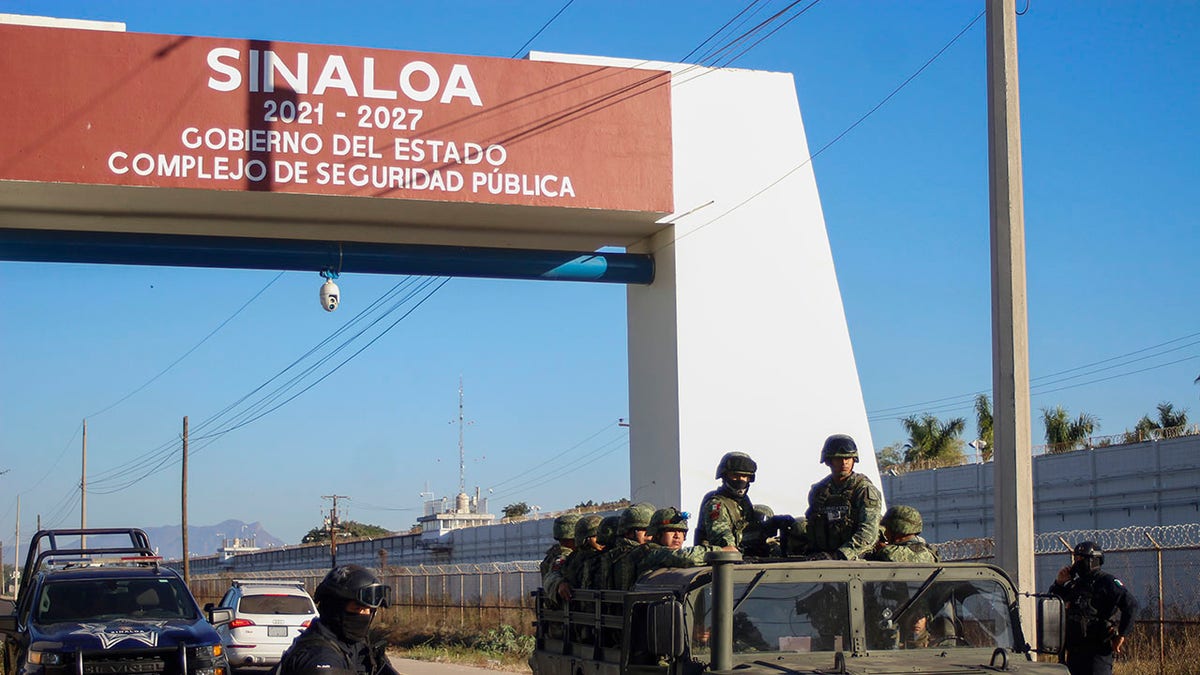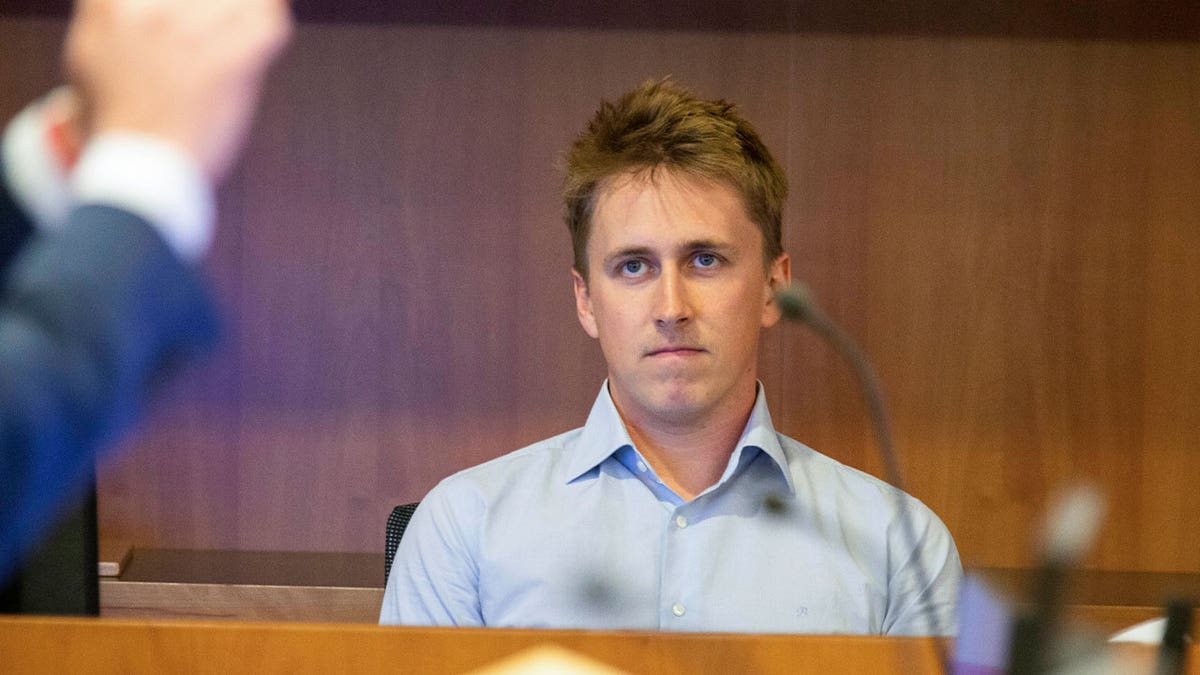Senior residents of a Seattle, Washington, housing complex are expressing growing concerns over the safety and expansion of a nearby homeless encampment. The situation has escalated to the point where the encampment now includes an inflatable swimming pool, adding to the existing issues of drug use and firearms.
Diane Radischat, a resident of the Highland Park neighborhood complex, shared her frustrations in an interview, stating that while homeless encampments have been present in the past, the current situation is unprecedented. She described the environmental damage, with trees being felled to construct makeshift structures within the encampment.
Residents have reported regular instances of gunfire coming from the encampment, creating a climate of fear, particularly during nighttime hours. News footage has even captured images of individuals openly using drugs, including what appears to be fentanyl, near the inflatable pool. This open drug use, coupled with the presence of firearms, has significantly heightened residents' anxieties.
The encampment's resourcefulness extends to obtaining water for the pool. Reports indicate they have tapped into a fire hydrant, raising further concerns about safety and infrastructure. While the process may be cumbersome, involving filling and transporting large containers of water, the encampment has managed to maintain the pool.

Other residents echoed Radischat's concerns, expressing dismay at the deteriorating conditions and the presence of the pool. The Washington Department of Transportation has acknowledged the complaints and stated that they are working to identify housing and shelter resources for the individuals residing at the Myers Way encampment before taking further action.
Radischat criticized the official response as inadequate and believes the city should have addressed the housing needs of the homeless population much sooner. She emphasized the vulnerability of senior citizens and their right to feel safe in their homes, particularly after a lifetime of contributing to society.
Despite the unsettling circumstances, Radischat remains determined to stay and advocate for a resolution. She views the situation as a humanitarian crisis, highlighting the need for adequate housing for the homeless population and urging authorities to fulfill their responsibilities in addressing the encampment.








